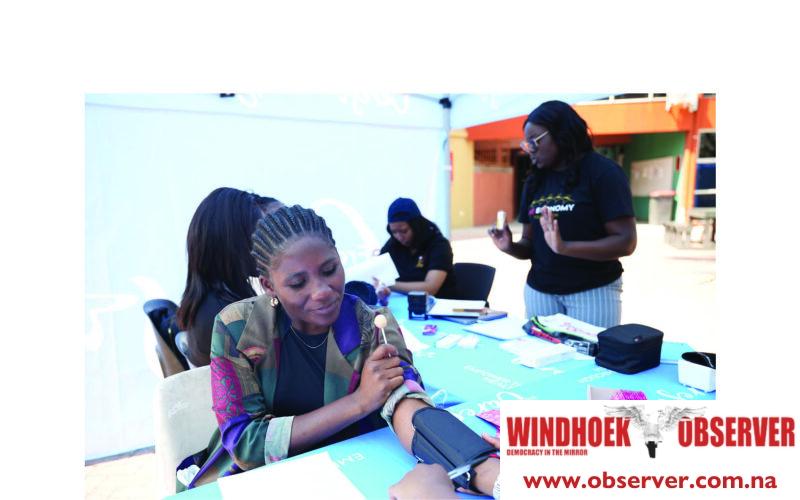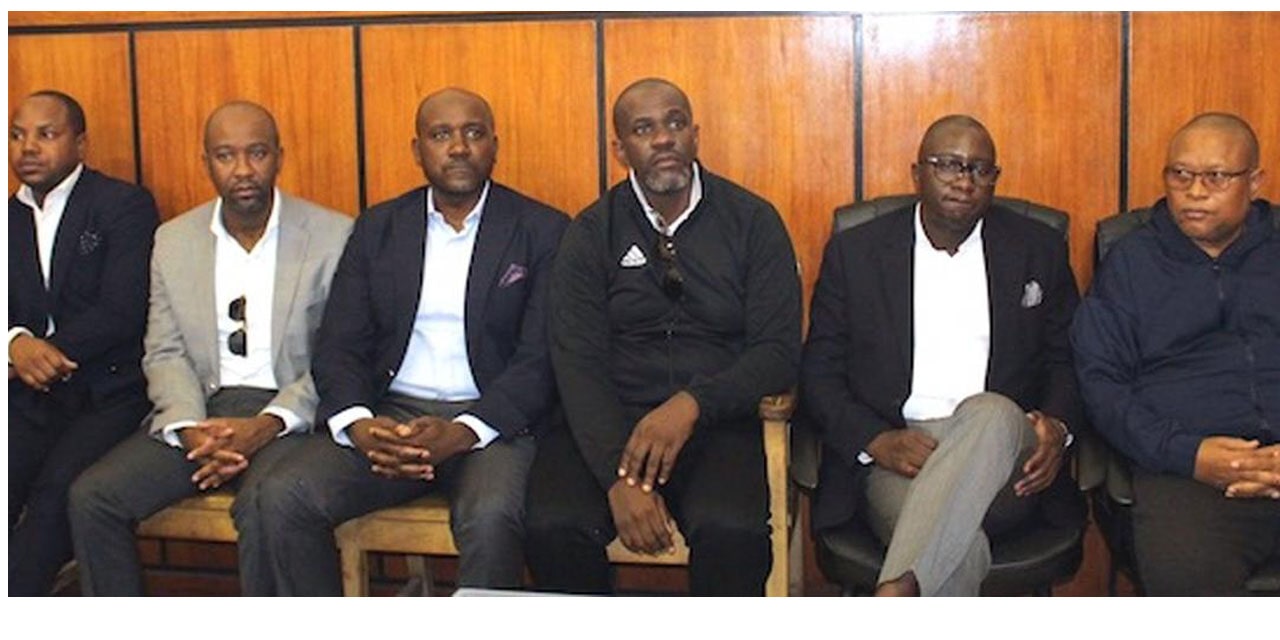Justicia Shipena
A total of 6 000 condoms were distributed during a recent sexual and reproductive health outreach in the Oshana region.
The initiative reached close to 950 students and community members.
The outreach was organised by the #BeFree Cares Clinic in partnership with the ministry of health and social services, Ongwediva MediPark Hospital, Walvis Bay Corridor Group, the University of Namibia (Unam), the International University of Management (IUM), Valombola Vocational Training Centre, and the Society for Family Health.
Services were offered at five tertiary institutions, including Unam Oshakati, Hifikepunye Pohamba, Jose Eduardo Dos Santos campuses, IUM Ongwediva, and Valombola Vocational Training Centre.
A total of 772 people underwent HIV testing and counselling, with no positive cases recorded.
The demand for Pre-Exposure Prophylaxis (PrEP) was high. Family planning was the second most requested service after HIV testing, with oral contraceptive pills being the most sought-after method.
A 4.4% sexually transmitted infection rate was detected during the campaign.
The director of health and wellness at the #BeFree Movement, Veronica Theron, said young people at tertiary institutions continue to face challenges such as transactional relationships, peer pressure, sexual assault, and mental health stressors.
She urged students to make informed choices, practise safe sex and set up #BeFree societies to create supportive environments on campuses.
The programme also partnered with IUM Ongwediva Campus to host its Annual Women Talk Event, attended by more than 200 students under the theme “Standing in Strength, Vision & Victory”.
Despite positive outcomes, the outreach found limited knowledge and uptake of long-acting reversible contraceptives.
Local healthcare workers cited challenges in implant insertion, with many clients travelling from outside Oshana due to long waiting lists at nearby facilities.
Awareness of gender-based violence also remained low, with students hesitant to seek help from counsellors.
Only seven people accessed psychosocial services during the outreach.
The #BeFree Movement said the initiative highlights the importance of accessible reproductive health services and continued awareness to address teenage pregnancies, sexually transmitted infections, and mental health barriers in higher education.




